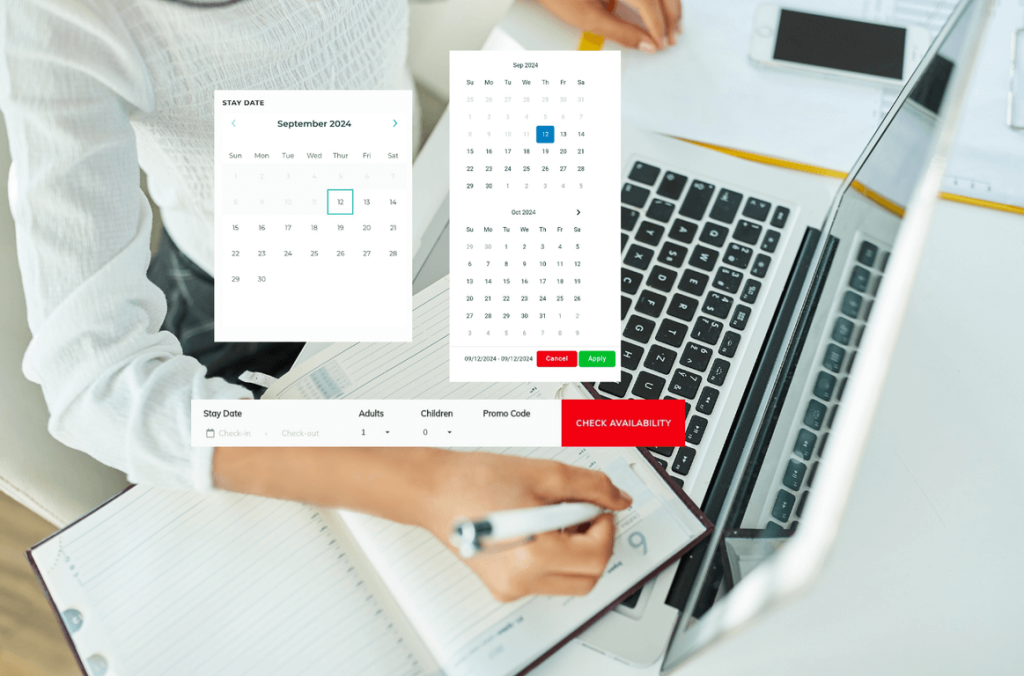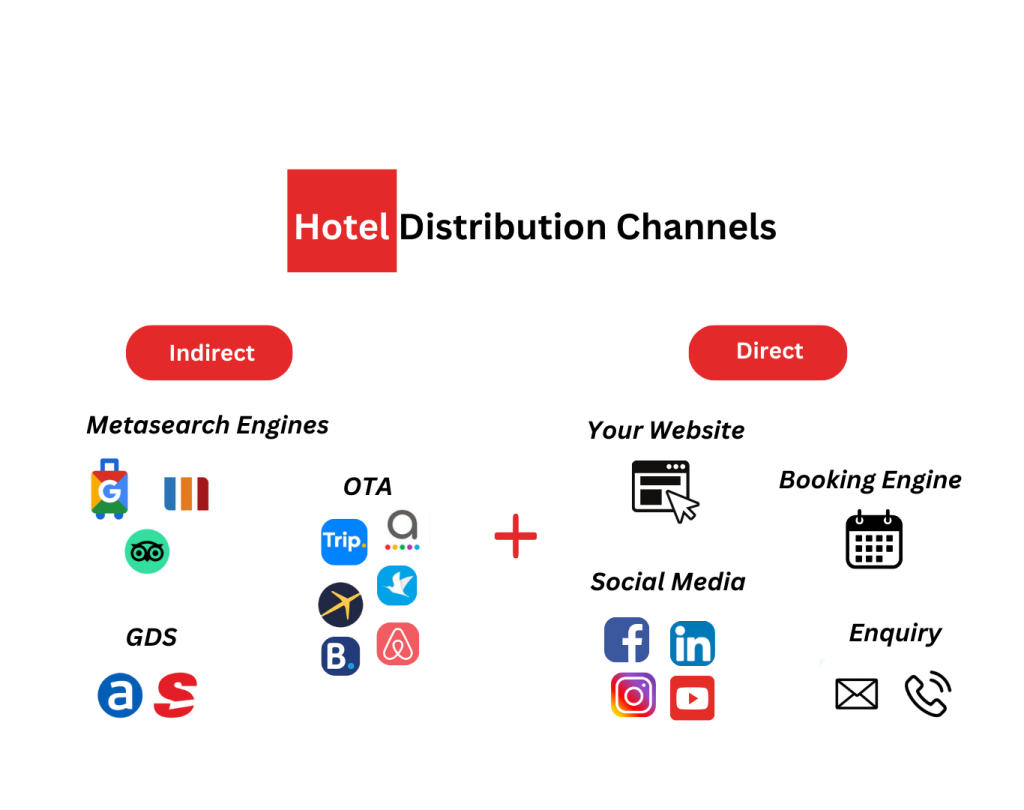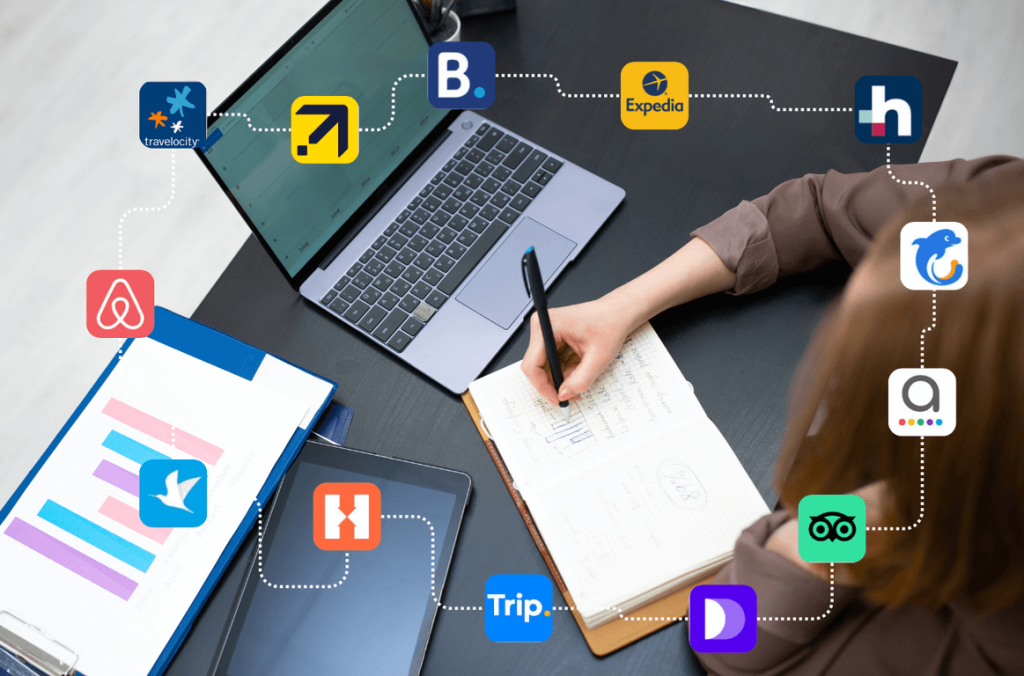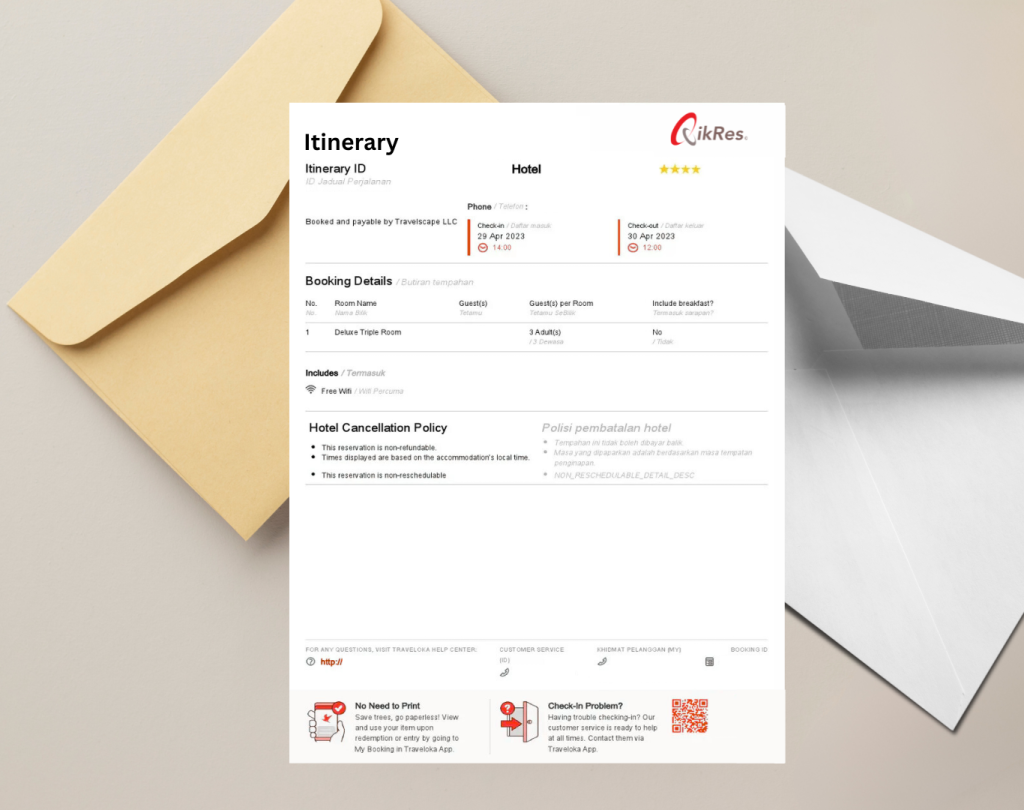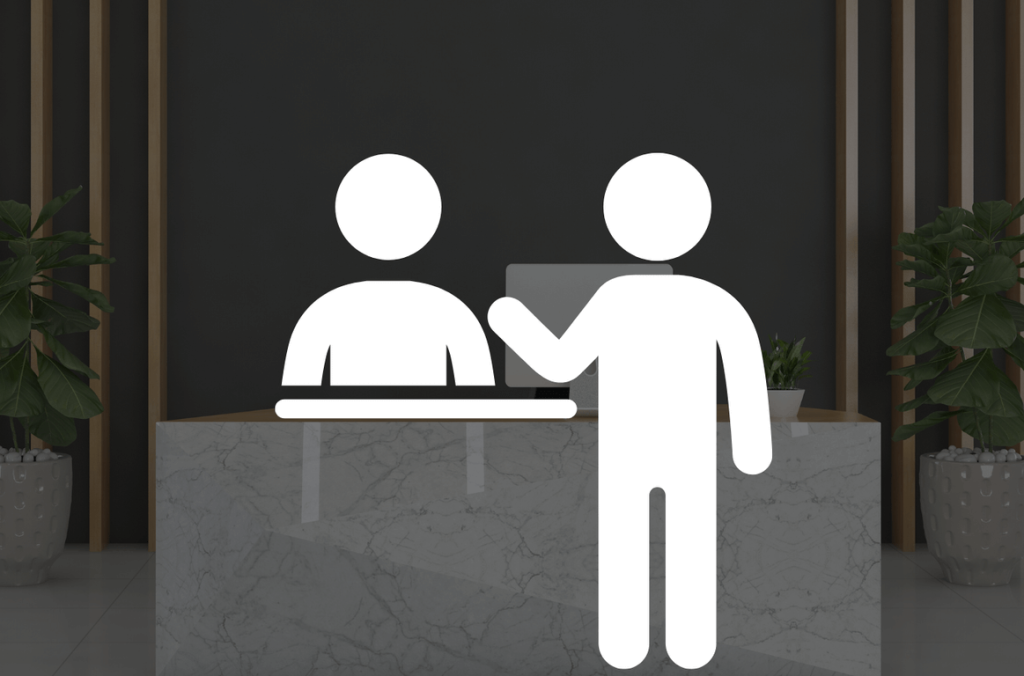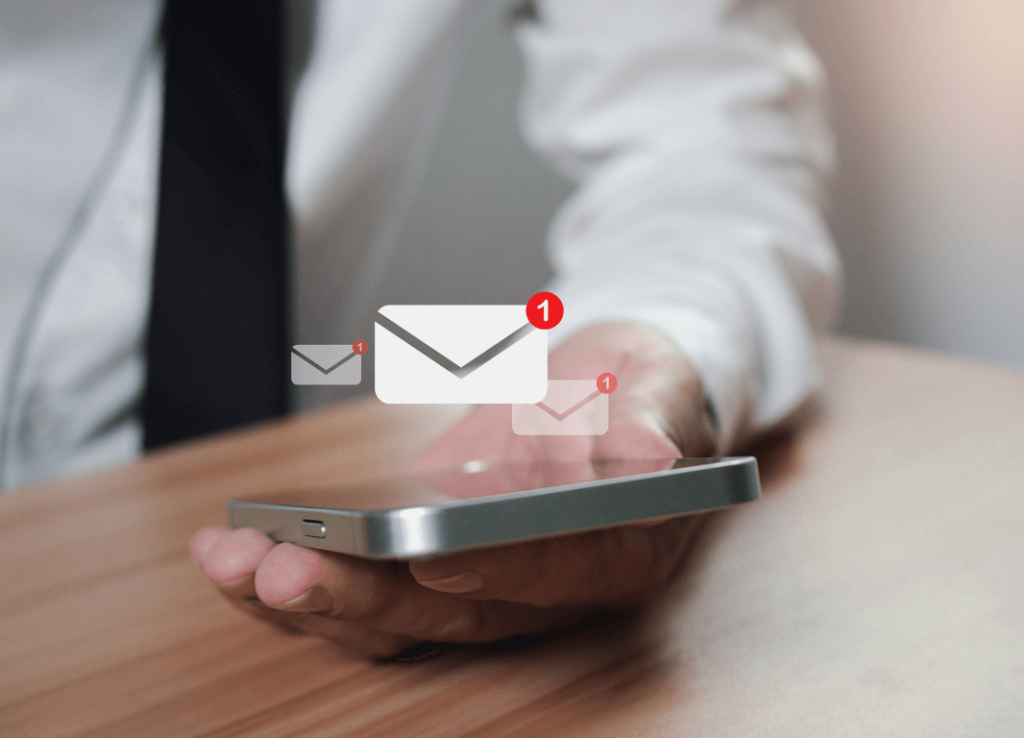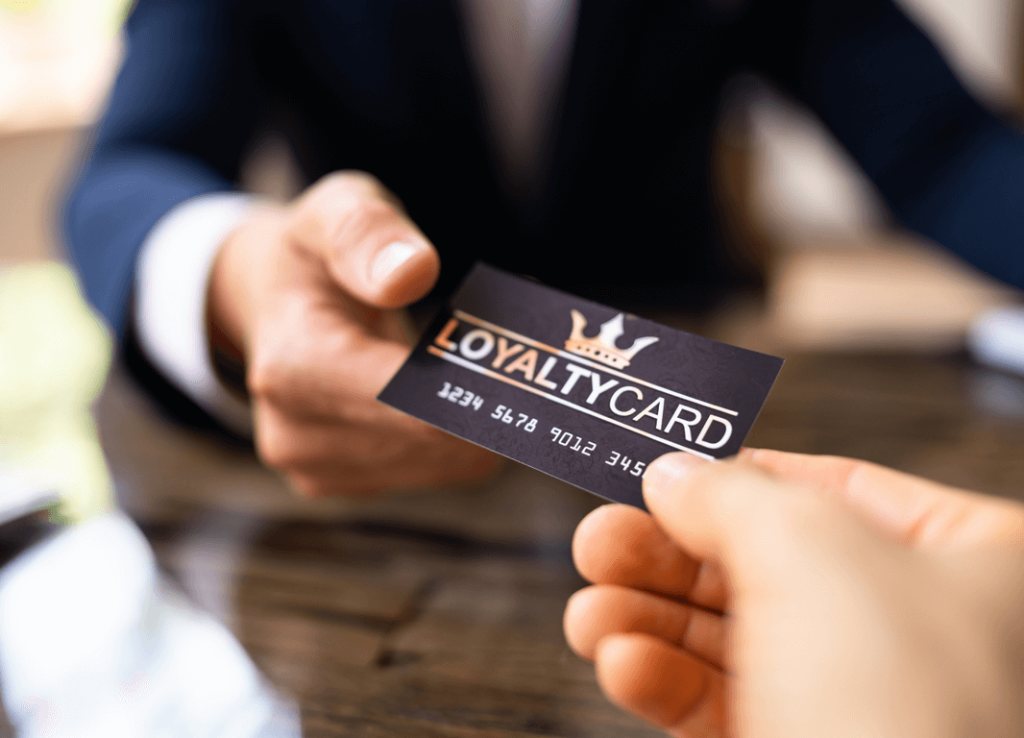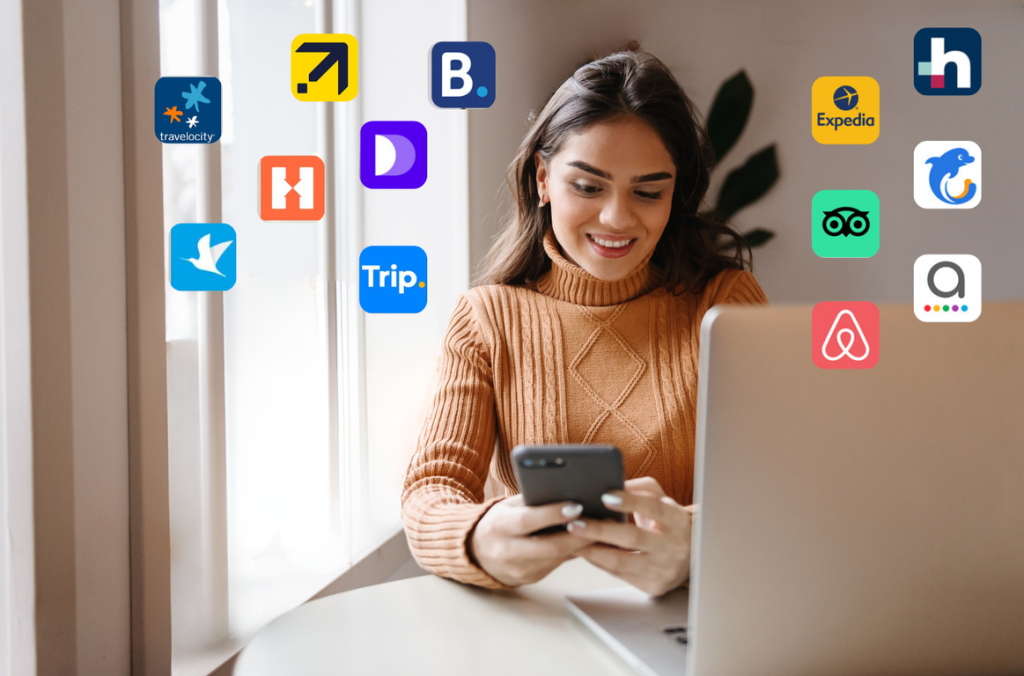Elevate Your Business with a Reservation Engine
Elevate Your Business with a Reservation Engine In this article, we will explore… What is a Reservation Engine? Key Benefits of Implementing a Reservation Engine Elevate Your Business with a Reservation Engine Are you tired of the hassle of manual scheduling and back-and-forth emails? A reservation engine can streamline your operations and enhance the overall booking experience. In today’s digital age, a seamless online booking experience is essential for businesses of all sizes. By integrating a robust reservation engine into your website, you can streamline your operations, enhance customer satisfaction, and boost your revenue. What is a Reservation Engine? A reservation engine is a software system that allows customers to book appointments or services online. It typically includes a calendar plugin that is embedded on your website, making it easy for visitors to view available slots and make reservations directly. Key Benefits of Implementing a Reservation Engine 1. Increased Efficiency Automated Scheduling: Automatically schedule appointments, reducing manual workload and potential errors. Real-Time Availability: Ensure accurate availability information, preventing overbooking and double-bookings. Simplified Management: Easily manage your schedule and make changes as needed. 2. Enhanced Customer Experience Self-Service Booking: Empowers customers to book appointments at their convenience. Seamless Integration: Integrates seamlessly with your website for a smooth user experience. Personalized Reminders: Sends personalized reminders to keep customers informed. 3. Improved Revenue Detailed Analytics: Provides valuable insights into booking patterns and customer behavior. Performance Tracking: Tracks key metrics to optimize your business operations. Optimized Resource Utilization: Maximize the utilization of your resources, such as staff and equipment. Upselling and Cross-Selling Opportunities: Offer additional services or products during the booking process. How to Implement a Reservation Engine 1. Choose a Reliable Provider Select a reputable reservation engine provider that offers a user-friendly interface and customizable features. 2. Integrate with Your Website Embed the calendar plugin on your website, ensuring it complements your overall design. 3. Customize Settings Tailor the reservation engine to your specific needs, including available slots, booking duration, and required information. 4. Test Thoroughly Test the system to identify and fix any issues before launching it to the public. 5. Provide Clear Instructions Offer clear instructions on how to use the reservation engine to guide your customers. Incorporating a reservation engine into your website can provide a superior customer experience, streamline your operations, and drive business growth. How to Choose the Right Reservation Engine When selecting a reservation engine, consider the following factors: 1. User-Friendliness Ensure the booking process is simple and intuitive for both you and your customers. 2. Customization Options Choose a system that can be customized to match your brand and specific business needs. 3. Integration Capabilities Look for a system that integrates seamlessly with your existing website and other software, such as your CRM or payment gateway. 4. Scalability Ensure the system can handle your growing business needs, whether you’re a small startup or a large enterprise. 5. Security and Reliability Prioritize a system that offers robust security measures to protect your customer data. How QikRes© Reservation Engine Works Easy Integration QikRes© user-friendly calendar plugin can be effortlessly embedded into your website, making it accessible to your customers 24/7. Real-Time Availability Your customers can instantly view your real-time availability and select their preferred time slots. Automated Confirmation Once a booking is made, automated confirmation emails are sent to both you and your customer, ensuring smooth communication. Flexible Customization Tailor the reservation engine to your specific needs, customizing the booking form, confirmation emails, and more. Ready to Transform Your Business? Ready to take your business to the next level? Contact us today to learn more about how a reservation engine can transform your operations. Our team of experts can help you select the right solution and provide ongoing support. Enquiry Now Click here to schedule a consultation and explore how our reservation engine can revolutionize your business. Talk to us Related Resources

